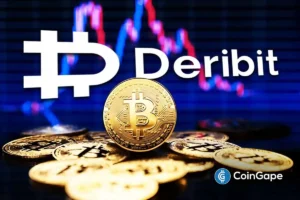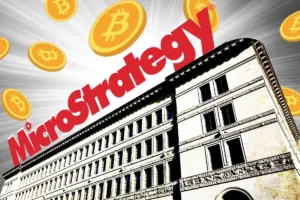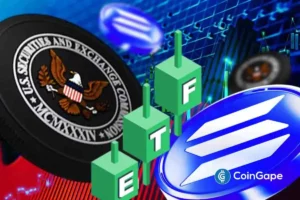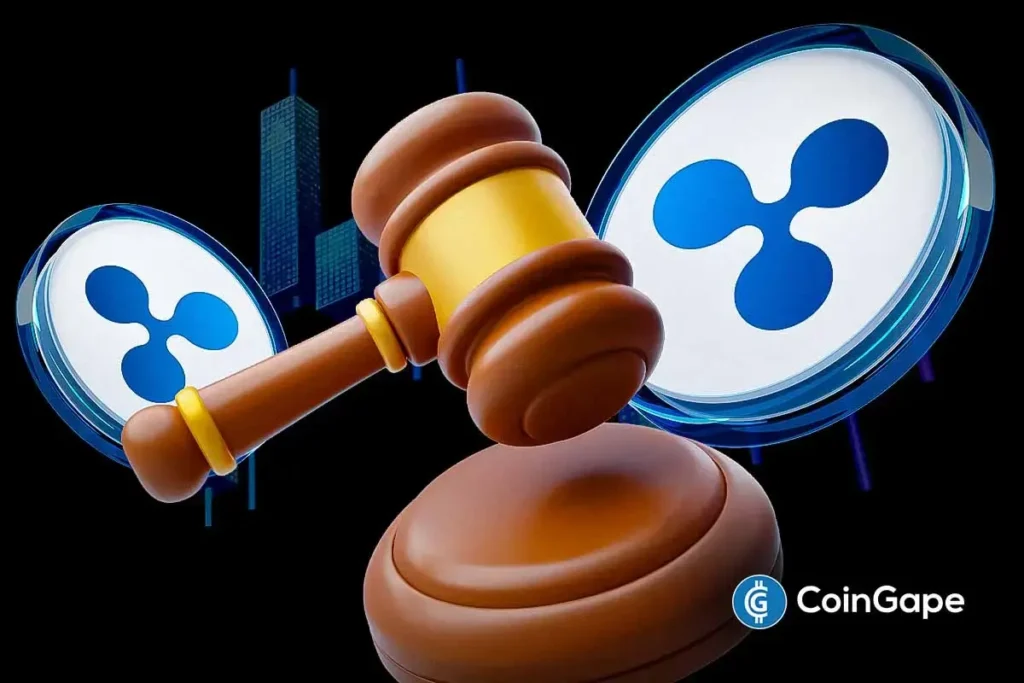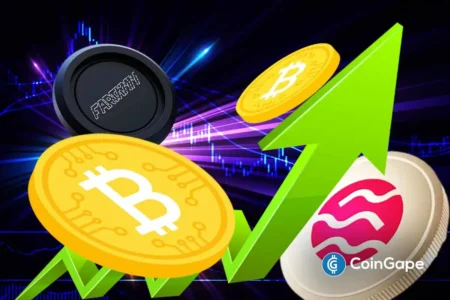Understanding the Ripple-XRP Lawsuit: Key Updates and Implications
The legal battle between Ripple Labs and the U.S. Securities and Exchange Commission (SEC) has garnered significant attention, particularly regarding the complexities of the recent injunction. This article aims to clarify misconceptions surrounding the injunction’s impact on Ripple’s institutional sales moving forward, informed by insights from legal experts.
The Inception of the Case
The SEC launched an investigation into Ripple, claiming that the company’s sale of XRP tokens constituted a violation of securities laws, particularly focusing on $728 million worth of sales to institutional investors. A pivotal ruling concluded that sales on public exchanges were deemed legal, but those directed at institutional investors did not comply with existing securities laws. Consequently, an injunction was instituted, restricting Ripple from engaging in these types of sales.
Defining “Institutional Sales”
Lawyer Fred Rispoli clarified that the term “institutional sales” is explicitly defined within the context of the lawsuit. As per Rispoli, the injunction only pertains to sales made from Ripple’s inception through 2018. This means that any transactions carried out after this timeframe would not fall under the jurisdiction of the injunction, allowing Ripple to continue its business operations without limitation concerning current institutional sales.
Ongoing Legal Clarifications
James Farrell further elucidated the specifics of the injunction, indicating that it does not impose a blanket ban on institutional sales. Instead, the ruling prevents Ripple from violating Section 5 of the Securities Act, which covers the sale of unregistered securities. Therefore, while regulatory compliance is necessary, Ripple is not entirely barred from conducting sales provided they adhere to established legal guidelines. Companies may also request a "no-action letter" from the SEC to ensure their activities align with regulatory standards.
Ripple’s Strategic Shift
In light of the ongoing lawsuit, Ripple has proactively recalibrated its sales strategies. The company has prioritized transparency regarding its institutional sales and sought guidance from the SEC to navigate the current regulatory landscape. Stuart Alderoty, Ripple’s Chief Legal Officer, indicated that the practices in place prior to 2018 are now considered historic, emphasizing a commitment to ensuring that future institutional sales meet SEC guidelines.
Potential Future Developments
Despite the improvements in Ripple’s compliance strategy, uncertainties linger over the future of XRP sales. The injunction rightly restricts certain institutional transactions from Ripple’s early history, yet it does not preclude the company from executing similar sales in the present, provided they meet the SEC’s regulatory requirements. The landscape may evolve further, especially with new leadership at the SEC potentially influencing the scrutiny of Ripple’s current practices.
Conclusion: The Road Ahead
In conclusion, while the SEC litigation presents challenges, it has also prompted Ripple to fine-tune its approach and commit to compliance with securities regulations. The confusion surrounding the injunction has been largely alleviated by clarifications from legal experts, suggesting that Ripple is well-positioned to navigate this complex regulatory environment moving forward. As the situation develops, stakeholders are encouraged to stay informed, as emerging trends in regulatory actions could reshape the future of Ripple and the broader cryptocurrency landscape.
